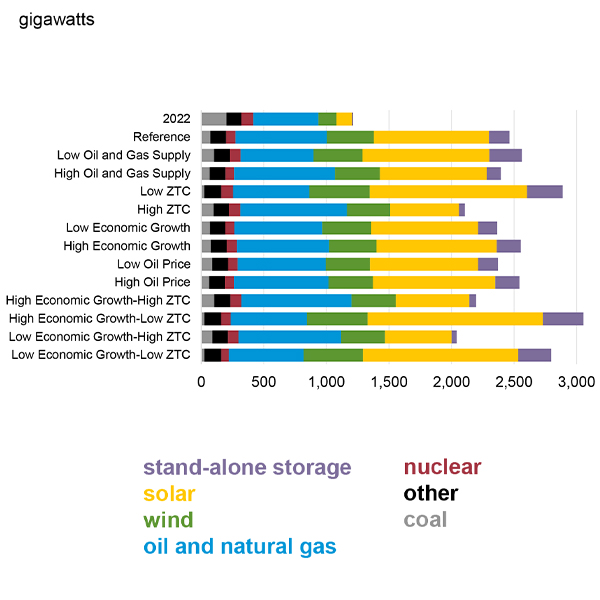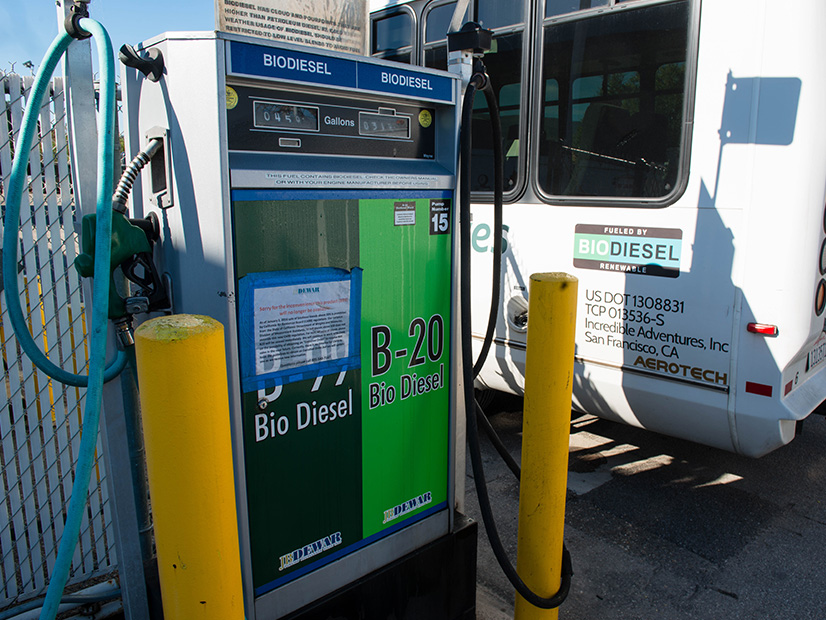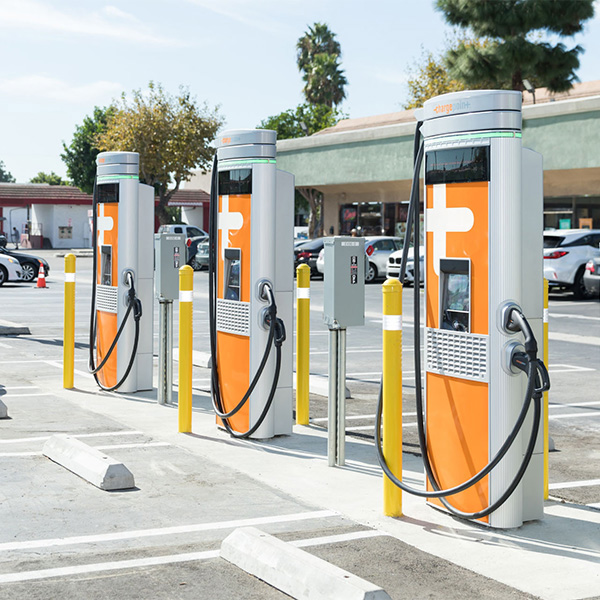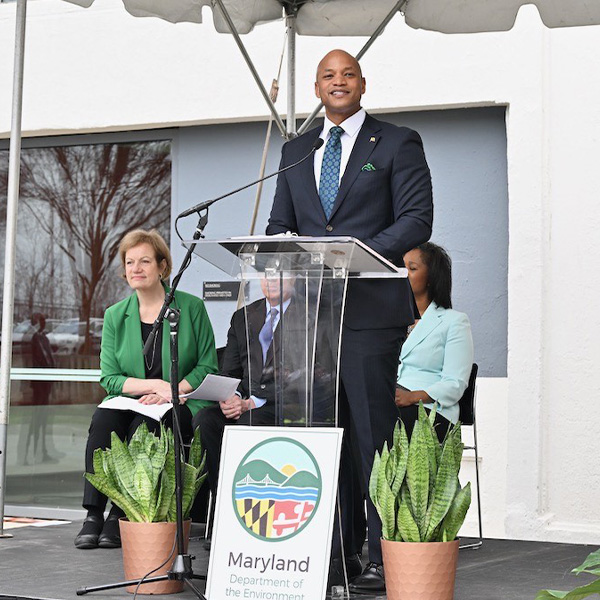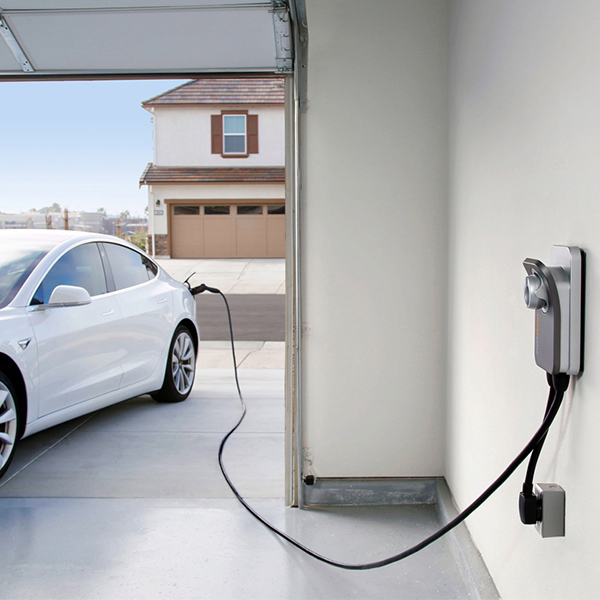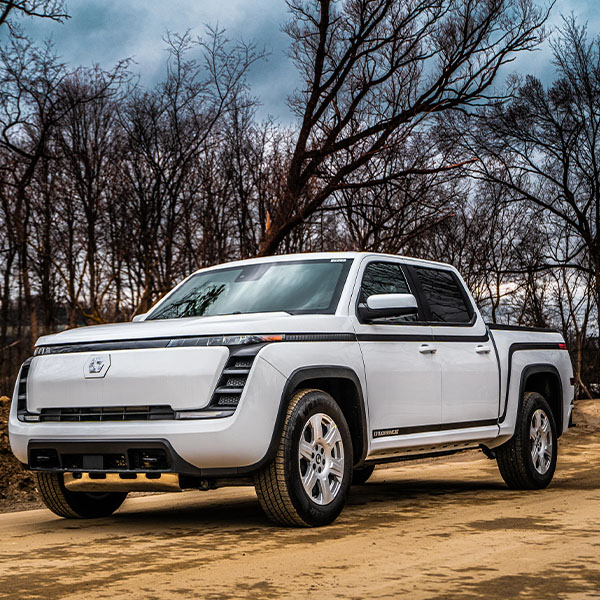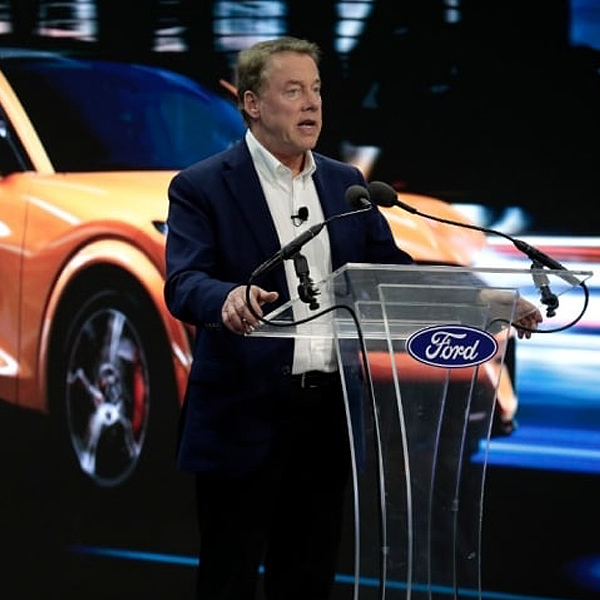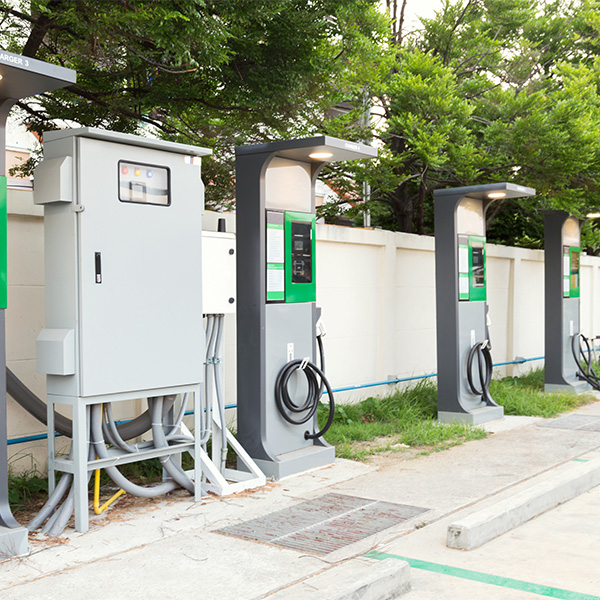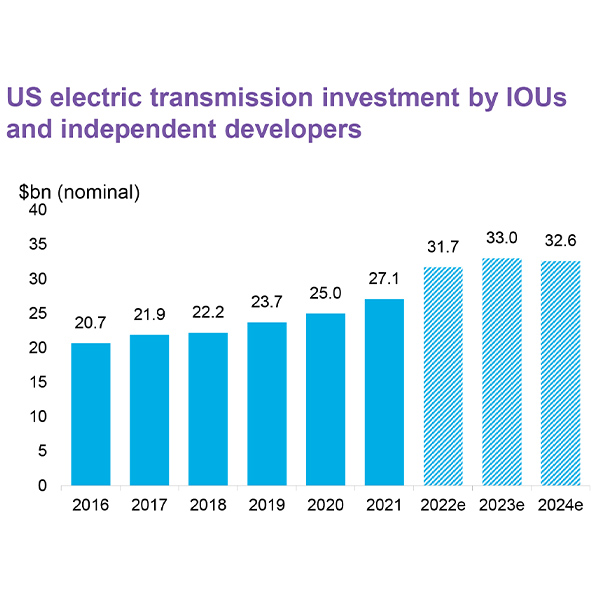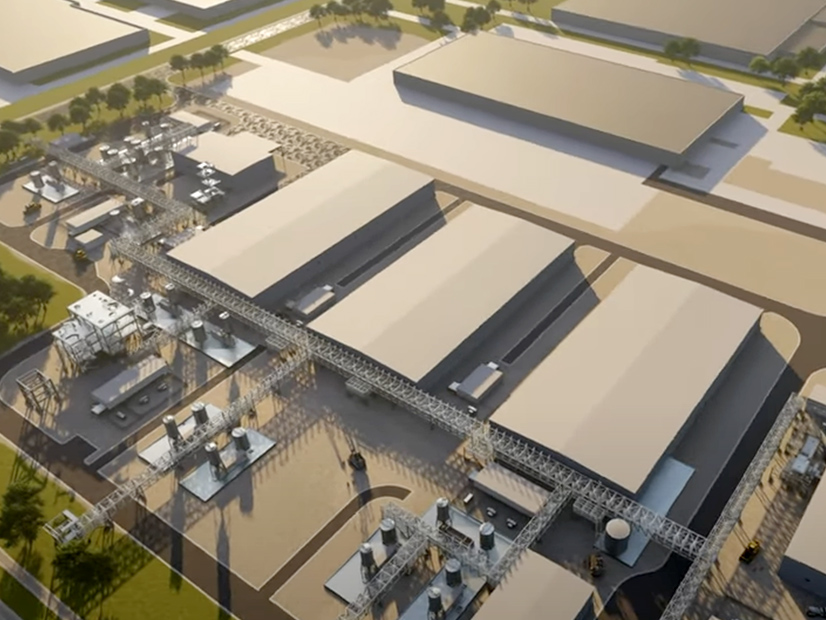Transportation Decarbonization
Airplane DecarbonizationEV chargersHeavy-duty vehiclesBattery Electric Buses (BEB)Fuel Cell Electric Buses (FCEB)Light-duty vehiclesBattery Electric VehiclesFuel Cell VehiclesPlug-in hybrid electric vehiclesShip electrificationClean Ports
EIA projects the U.S. will be able to cut energy-related CO2 emissions 25 to 38% below 2005 levels by 2030, which falls short of President Biden’s target.
A bill that would establish a low-carbon fuel standard in New Mexico awaits a House vote as the state legislature races toward the end of the 2023 session.
The U.S. Department of Transportation announced a new round of funding aimed at putting EV chargers “particularly in underserved and disadvantaged communities.”
Maryland will fast-track adoption of California’s ACCII rule, requiring that 100% of all new passenger cars sold in the state be zero-emission vehicles by 2035.
DERs are still a couple years away from actually participating at the wholesale level as FERC works on RTO and ISO compliance with Order 2222.
Lordstown Motors is uncertain whether it will resume production of its electric pickup truck following a second recall to address supply chain quality issues.
Michigan officials and automakers are promoting efforts to transition to electric vehicles, but almost half of Michigan voters oppose the shift.
New York Department of Public Service staff recommended a 58% funding increase for the state’s EV Make-Ready Program for electric vehicle infrastructure.
The U.S. clean energy transition hit new highs in 2022 in terms of renewable energy and storage deployed, says the Business Council for Sustainable Energy.
DOE approved a $375 million loan to develop North America’s first recycling facility for battery-grade lithium in Rochester, N.Y.
Want more? Advanced Search
